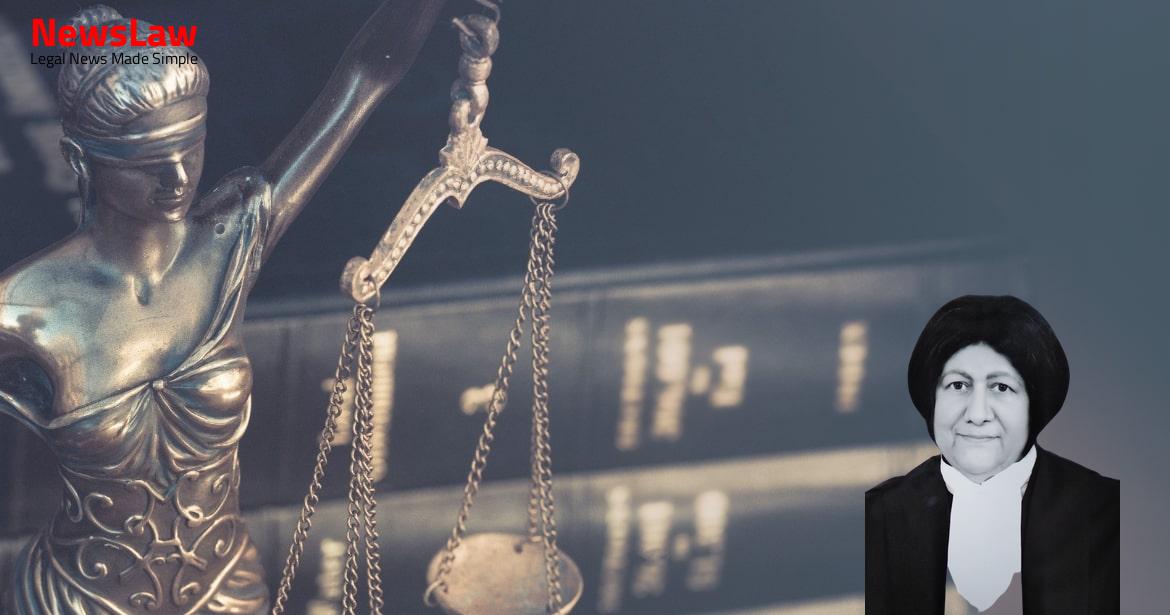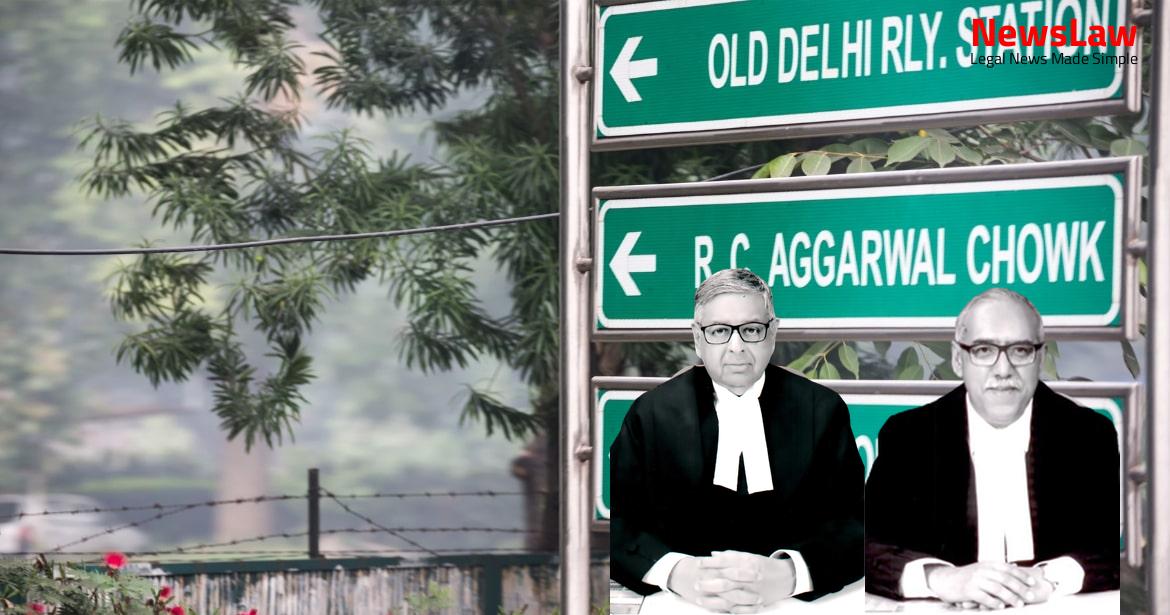In a significant legal development, the Supreme Court of India has issued a landmark judgement regarding the quashing of an FIR dated 17 May 2016. The case, dealing with allegations of false promises, saw the court setting aside the impugned judgement and order of the High Court dated 7 February 2019. The judgement marks a crucial turning point in the legal proceedings involving the parties in question.
Facts
- Appellant and complainant known each other since 1998, with appellant proposing marriage in 2008
- Appellant promised to marry complainant after elder sister’s marriage
- Complainant held various positions in government service
- Allegations of forceful sexual intercourse by appellant after promise of marriage
- Allegations of frequent visits and sexual intercourse between appellant and complainant
- Allegations of appellant’s engagement to another woman despite promises to marry complainant
- The appellant’s counsel argued that the High Court failed to differentiate between rape and consensual sex.
- The allegations in the FIR suggest a prolonged physical relationship with the complainant’s consent, evidenced by multiple instances of co-habitation and visits without any resistance or complaint.
- The respondent-State’s counsel and the complainant’s counsel relied on previous court decisions to support their stance.
Analysis
- The allegations in the FIR indicate that the complainant was aware of obstacles to marrying the appellant since 2008.
- The complainant and the appellant continued to engage in sexual relations long after their marriage became disputed.
- The promise of marriage must have been false, given in bad faith, and with no intention of being kept at the time it was made.
- Consent under Section 375 of the IPC requires an active understanding of the circumstances and consequences of the proposed act.
- The complainant and appellant were intimate since 2004 and had a longstanding relationship.
- The complainant engaged in sexual relations with the appellant on the promise of marriage.
- Various instances of intimacy and joint activities between the complainant and the appellant were highlighted.
- The complainant allowed the appellant to visit and stay with her at her residence even after expressing reservations about marriage in 2014.
- The allegations in the FIR do not conclusively prove that the promise made by the appellant was false or that the complainant engaged in sexual relations based solely on this promise.
- Courts should be cautious in using their extraordinary jurisdiction to quash FIRs as it may prevent the prosecution from presenting evidence.
- The WhatsApp messages sent by the appellant to the complainant did not establish any of the offenses mentioned in the FIR.
- The court’s discretion under Section 482 to quash criminal proceedings is broad.
- Based on the complainant’s statements, even if accepted entirely, no offense under Section 375 of the IPC was committed.
- The allegations in the FIR contradict the claim that the complainant was deceived by the promise of marriage made by the appellant.
- The complainant, a college student, was promised marriage by the accused despite knowing opposition from both families.
- Court distinguishes between a false promise made with the intent to deceive and a genuine promise that is not fulfilled.
- Consent is vitiated if based on a ‘misconception of fact’ such as a false promise to marry.
- Accused admitted to sexual intercourse with the complainant but later absconded when the matter was brought to the panchayat.
- Two propositions must be established to determine if consent was vitiated by a ‘misconception of fact’ arising from a promise to marry.
- Quashing of FIR against the accused under various sections of IPC and SC/ST Act is under consideration.
- False promise requires the maker to have had no intention of fulfilling it at the time of making it.
- Accused’s promise to marry became relevant only after the complainant became pregnant.
- Accused repeatedly had sexual intercourse with the complainant despite the promise to marry.
- Consent based on a ‘misconception of fact’ is not legally recognized as consent.
- Even if the allegations of WhatsApp messages and words uttered by the complainant are accepted, no offence under SC/ST Act is made out.
- The allegations in the FIR do not establish the commission of the alleged offences.
Also Read: CRPF Act: Validity of Rule 27 for Compulsory Retirement – Case of Head Constable vs. CRPF
Decision
- The FIR dated 17 May 2016 has been quashed.
- The appeal has been allowed.
- The impugned judgement and order of the High Court dated 7 February 2019 have been set aside.
Also Read: DAMEPL vs. DMRC: Curative Petition and Arbitral Award Restoration
Case Title: PRAMOD SURYABHAN PAWAR Vs. THE STATE OF MAHARASHTRA
Case Number: Crl.A. No.-001165-001165 / 2019



